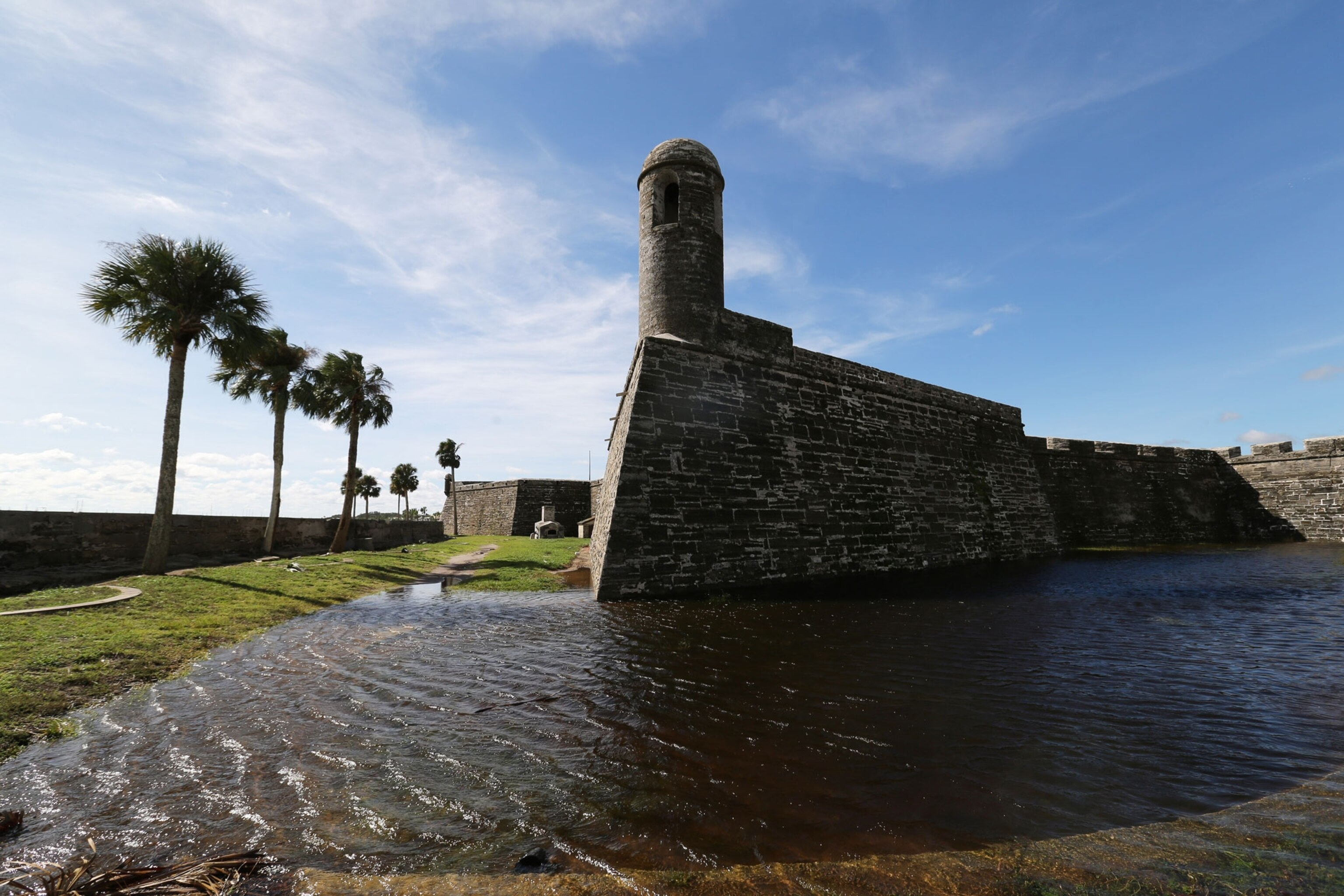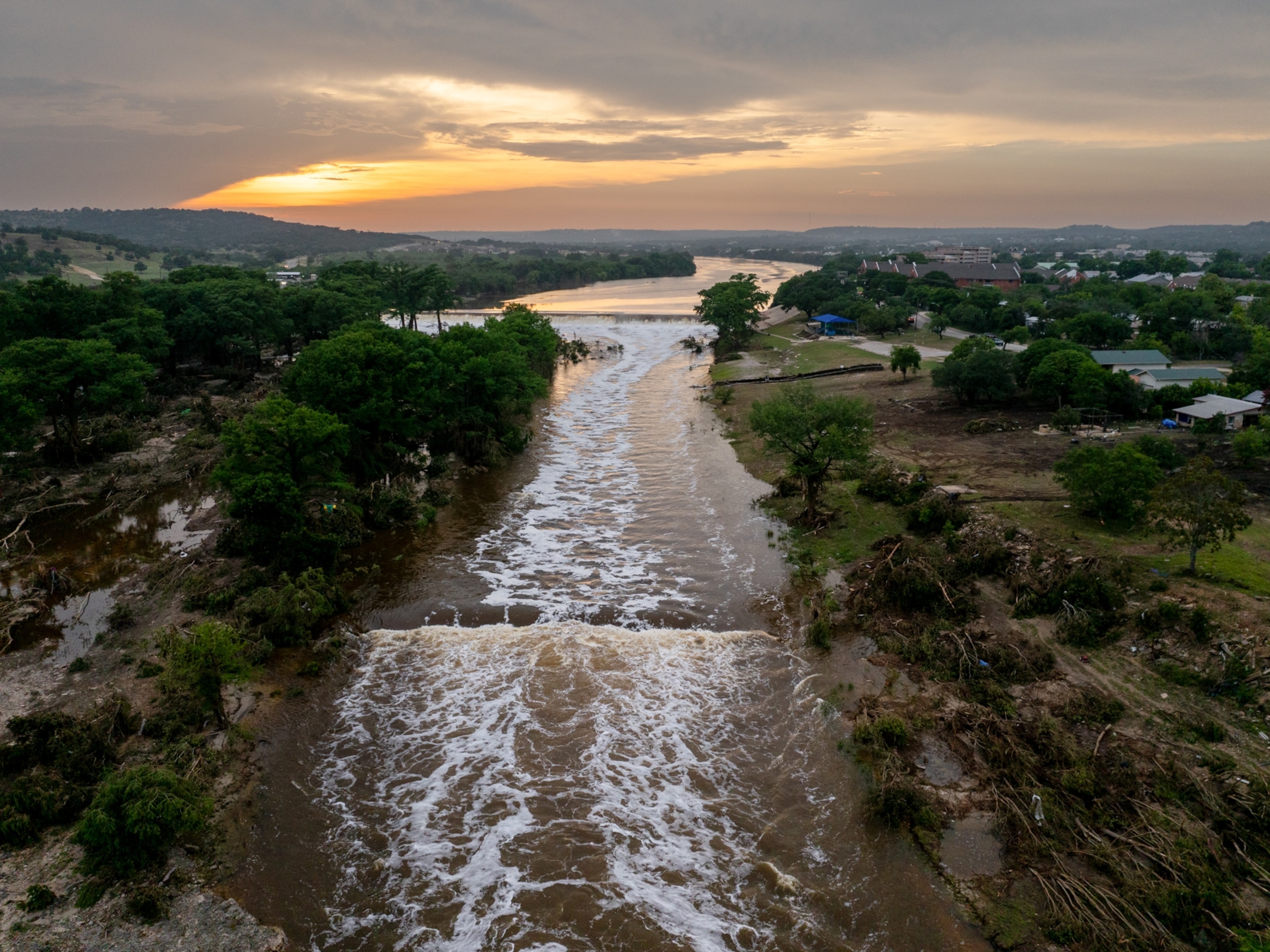
13,000 U.S. Archaeology Sites To Be Flooded by Rising Seas
The new research reinforces continuing trends about the threats of climate change.
Thousands of American archaeological gems could be destroyed by the end of this century, thanks to climate change.
In a study published November 29 in the journal PLOS ONE, a group of researchers from across the country predicted that rising sea levels will submerge more than 13,000 archaeological sites in the southeastern United States by 2100. The team reached this sobering conclusion by analyzing data from the Digital Index of North American Archaeology, a massive database that aggregates human settlement records in North America.
"The impacts of projected climate change and, in particular, sea level rise are the greatest challenges that our profession has ever faced," says David Anderson, an anthropologist at the University of Tennessee who co-authored the study.
Locations of Concern
"The sea level rise projections are the general standard published by environmental scientists," says co-author Joshua Wells, a social informatics professor at Indiana University South Bend.
The study doesn't focus on exact sites that may be flooded by rising seas, though it does mention some specific low-elevation places in Washington, D.C., like the White House and the Lincoln Memorial. Other locations like Virginia's Jamestown, Charleston, South Carolina, and historic St. Augustine in Florida, Anderson says, are more at risk of flooding because they are lower lying.
"It all depends on how quickly sea level comes up. It is going to render the vast majority of [sites] inaccessible to basic research or appreciation," he says. "If these trends continue or accelerate, we have to be thinking about relocating things like these iconic buildings in American history."
Rising sea levels could push populations inland, Anderson says. Already, people in Florida are resettling because of extreme weather and shifting tides brought on by climate change. But a mass movement could destroy inland historical sites and ones that haven't even been discovered yet. The paper points out that protective walls could be built to keep sea levels at bay, but Wells adds it's unlikely there will be enough financial and societal resources to erect sufficient barriers everywhere.
An Ongoing Discussion
"No archaeological site is unimportant," Wells says. "Global climate change necessitates a discussion in archaeological science in what we're going to lose."
Extreme weather and flooding induced by changes in climate have already taken a toll on historical sites from Alaska to Florida and across the world. And a study released in September shows that climate change has cost the U.S. at least $240 billion per year over the past ten years. Anderson and Wells' research simply reinforces a continuing trend.
"Our hope is to start a conversation, add to current questions of what will be done, and provide guidance toward meaningful action now," Wells says.
A previous version misattributed one of Anderson's quotes as one of Wells'. The story has been updated.

















